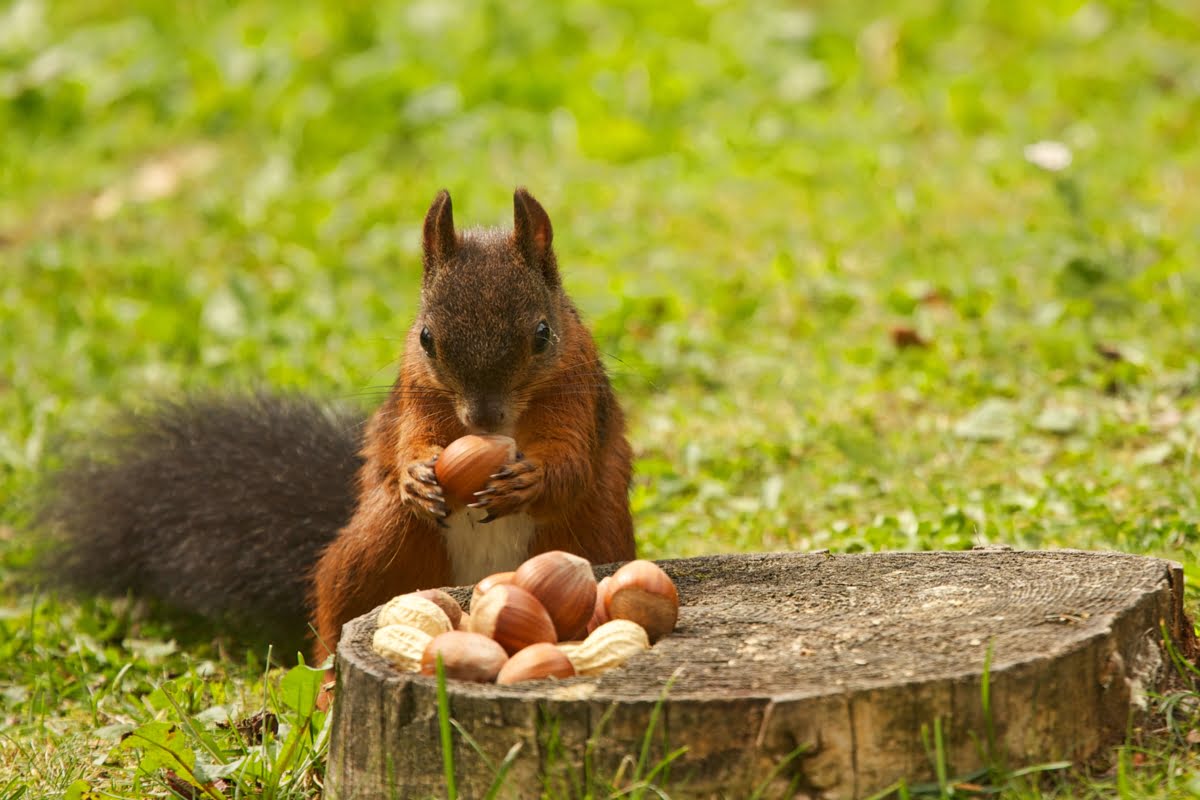

Articles
How To Store Acorns For Squirrels
Modified: January 7, 2024
Learn how to store acorns for squirrels with these helpful articles. Ensure you are prepared for the winter season and provide ample food for these adorable creatures.
(Many of the links in this article redirect to a specific reviewed product. Your purchase of these products through affiliate links helps to generate commission for Storables.com, at no extra cost. Learn more)
Introduction
Acorns are not only a beloved food source for squirrels, but they also play a crucial role in the ecosystem. Squirrels rely on acorns to survive during the harsh winter months when other food sources are scarce. As a nature enthusiast or someone who loves observing wildlife, you may want to help support the squirrel population in your area by storing acorns for them. This not only provides them with nourishment but also helps them through difficult times.
In this article, we will guide you through the process of storing acorns for squirrels. From the best time to collect acorns to choosing the right storage containers, we will cover everything you need to know to ensure your efforts are effective and beneficial to the squirrels in your vicinity.
Key Takeaways:
- Supporting squirrel populations by storing acorns not only aids their survival but also promotes biodiversity and provides a delightful opportunity for wildlife observation, fostering a sense of community and environmental stewardship.
- Properly storing, maintaining, and feeding acorns to squirrels contributes to their health and well-being, making a positive impact on the local ecosystem while enjoying the wonders of nature observation.
Read more: How To Store Acorns
Why Store Acorns for Squirrels
Storing acorns for squirrels offers several advantages. Let’s explore some of the reasons why you might want to engage in this rewarding activity:
- Supporting squirrel populations: By providing additional food sources, you are helping to ensure the survival and well-being of the local squirrel population. This is particularly important during the winter months when natural food supplies are limited.
- Promoting biodiversity: Squirrels play a vital role in dispersing acorns and other tree nuts. By encouraging their presence and providing ample food, you are assisting in the natural propagation of trees in your area. This, in turn, promotes biodiversity and a healthy ecosystem.
- Enjoying wildlife observation: Storing acorns for squirrels not only benefits the animals themselves but also provides a wonderful opportunity for you to observe these fascinating creatures up close. Watching squirrels scurry about and feast on the food you’ve provided can be a delightful and educational experience for nature enthusiasts of all ages.
- Creating a sense of community: Engaging in activities that support local wildlife can help foster a sense of community among neighbors and like-minded individuals. You can even involve children in the process, teaching them about the importance of conservation and environmental stewardship.
Now that we understand the benefits of storing acorns for squirrels, let’s explore when and where to collect these precious nuts.
When and Where to Collect Acorns
The timing and location of acorn collection are crucial for ensuring the quality and nutritional value of the nuts. Here are some guidelines to follow:
- Timing: Acorns are typically ready for collection in the late summer or early fall, depending on the species of oak tree. Look for mature acorns that have fallen naturally from the trees. Avoid collecting acorns that are still green or have insect damage.
- Tree selection: Identify healthy oak trees in your area. Look for trees that produce an abundance of acorns and have no signs of disease. Oak trees with strong, sturdy branches are more likely to produce high-quality acorns that squirrels will enjoy.
- Collection method: Gather fallen acorns from the ground, rather than picking them directly from the tree. This ensures that you are collecting mature, ripe acorns. Use a small bucket, basket, or bag to collect the acorns, being careful not to damage or crush them.
- Location: Seek out areas with a diverse population of oak trees, such as parks, forests, or even your own backyard. It’s important to collect acorns from different tree species to provide a varied diet for the squirrels.
Remember to obtain necessary permissions if collecting acorns from private property or protected areas. Always respect nature and follow any regulations or guidelines regarding the collection of acorns in your region.
Once you have collected the acorns, the next step is to sort and prepare them for storage.
Sorting and Preparing Acorns for Storage
Before storing acorns for squirrels, it’s important to sort and prepare them to ensure their quality and viability as a food source. Follow these steps to properly prepare the acorns:
- Sorting: Start by inspecting the acorns and discarding any that are damaged, moldy, or discolored. Choose only the plump, healthy-looking acorns for storage. This will help prevent the spread of diseases or pests.
- Cleaning: Rinse the acorns with water to remove any dirt, debris, or sap. You can use a colander or mesh sieve for this step. Avoid using any soaps or cleaning agents, as they may be harmful to the squirrels.
- Drying: Lay the cleaned acorns on a flat surface or a drying rack. Allow them to air-dry for several days in a well-ventilated area. This step is crucial to reduce moisture content and prevent the acorns from molding during storage.
- Dehusking (optional): If you prefer, you can remove the outer shell or husk of the acorns. This step is not necessary, as squirrels can easily crack open the shells themselves. If you choose to dehusk the acorns, gently tap them with a hammer or use a nutcracker to remove the outer shell.
Once the acorns are sorted, cleaned, and dried, it’s time to select the right storage containers for them.
Choosing the Right Storage Containers
When it comes to storing acorns for squirrels, selecting the appropriate containers is crucial to maintain the freshness and quality of the nuts. Follow these guidelines to choose the right storage containers:
- Airtight containers: Look for airtight containers that will prevent moisture and air from entering and spoiling the acorns. Mason jars with screw-top lids or plastic food storage containers with secure seals are excellent options.
- Size: Choose containers that can accommodate the quantity of acorns you have collected. It’s best to store acorns in smaller batches to ensure they remain fresh. This also prevents the risk of all the acorns spoiling if one particular container is compromised.
- Material: Opt for containers made of materials that are safe for storing food, such as glass or food-grade plastic. Avoid using metal containers, as they may react with the acorns and affect their quality.
- Labeling: Once you’ve chosen your containers, label them with the date of collection and any other relevant information. This will help you keep track of the freshness of the acorns and make it easier to rotate your stock.
Remember to thoroughly clean and dry the storage containers before use to prevent any contamination or moisture buildup. Now that you have the right containers, let’s move on to storing the acorns in optimal conditions.
Store acorns for squirrels in a cool, dry place to prevent mold and spoilage. Use a breathable container like a mesh bag or basket to allow air circulation. Check the acorns regularly for any signs of mold or pests.
Read more: How To Store Acorn Squash
Storing Acorns in Dry Conditions
Proper storage conditions are essential to maintain the quality and longevity of the acorns. Here are some tips for storing acorns in dry conditions:
- Moisture control: Acorns should be stored in a dry environment to prevent mold and deterioration. Ensure that the storage area is free from excess moisture or humidity. Avoid storing acorns in basements or areas prone to dampness.
- Cool temperature: Acorns should be stored in a cool location to extend their shelf life. Avoid storing them in areas that are exposed to direct sunlight or extreme temperature fluctuations. A temperature range of 40-50°F (4-10°C) is ideal for long-term storage.
- Avoid exposure to air: Excessive exposure to air can lead to the acorns drying out or becoming susceptible to pests. Whenever possible, keep the storage containers tightly sealed to minimize air circulation.
- Elevate the storage containers: Place the storage containers on shelves or raised surfaces to further protect the acorns from moisture on the floor. This also helps in keeping rodents and pests away from accessing the nuts.
It’s worth periodically checking the storage containers for any signs of spoilage, such as mold or insects. If you notice any issues, remove the affected acorns promptly to prevent further contamination.
Now that you have stored the acorns in dry conditions, it’s important to take steps to protect them from pests that may be attracted to the food source.
Protecting Acorns from Pests
When storing acorns for squirrels, it’s important to take precautions to prevent pests from accessing and damaging the nuts. Here are some effective measures to protect acorns from pests:
- Secure storage containers: Ensure that the storage containers used are properly sealed and have tight-fitting lids. This will prevent pests such as mice, rats, and insects from gaining access to the acorns.
- Store in elevated areas: Elevate the storage containers off the ground or place them on shelves to make it harder for pests to reach the acorns. Rodents are excellent climbers, so it’s important to keep the containers out of their reach.
- Use pest deterrents: Consider using natural pest deterrents such as cedar chips, dried mint leaves, or bay leaves in and around the storage area. These fragrant substances are known to repel pests.
- Regular inspections: Periodically inspect the storage containers for any signs of pest activity. Look for chew marks, droppings, or holes in the lids or containers. If pests are detected, take immediate action to remove them and secure the containers more effectively.
- Rotate stock: As part of your regular maintenance routine, consider rotating the acorns in the storage containers. Use older acorns first to ensure that they are consumed before they have a chance to spoil. This will help maintain the freshness of the stored acorns.
By implementing these preventive measures, you can significantly reduce the risk of pests damaging the acorns and ensure a steady and reliable food source for the squirrels.
Now that you’ve learned about protecting the acorns from pests, let’s move on to discussing how to monitor and maintain the acorn storage.
Monitoring and Maintaining Acorn Storage
Monitoring and maintaining your acorn storage is essential to ensure the longevity and quality of the nuts. Here are some tips to help you effectively manage your storage:
- Regular inspections: Regularly inspect the storage containers to check for any signs of moisture, mold, or pest infestation. Remove any spoiled or damaged acorns promptly to prevent the spread of issues to the rest of the nuts.
- Rotate stock: As mentioned earlier, it’s important to rotate the acorns in the storage containers. By using older acorns first, you can prevent spoilage and ensure that the squirrels are receiving fresh and nutritious food.
- Check for sprouting: Occasionally check the acorns for any signs of sprouting. If you notice any acorns starting to sprout, remove them from the storage containers. Sprouted acorns may not be as palatable to squirrels, and their nutritional value may have diminished.
- Temperature control: Maintain a consistent and cool temperature in the storage area. This will help prevent spoilage and maintain the quality of the acorns. Avoid exposing the acorns to extreme temperature fluctuations.
- Proper ventilation: Ensure that the storage area has adequate ventilation to prevent moisture buildup. Good airflow will help keep the acorns dry and reduce the risk of mold or fungal growth.
By following these monitoring and maintenance practices, you can ensure that the acorns remain in optimal condition and provide a reliable food source for the squirrels in your area.
Now that you have successfully stored and maintained the acorns, let’s discuss how to properly feed them to the squirrels.
Properly Feeding Acorns to Squirrels
Feeding acorns to squirrels requires a careful approach to ensure their health and safety. Here are some guidelines to follow when providing acorns to squirrels:
- Gradual introduction: If the squirrels in your area are not accustomed to eating acorns, it’s important to introduce them gradually. Start by providing a small amount of acorns mixed with their regular food. Monitor their response and adjust the ratio accordingly.
- Supplement with other foods: Acorns should be considered a supplement to the squirrels’ natural diet. They should not be the sole source of their nutrition. Continue to offer a variety of other foods such as seeds, nuts, fruits, and vegetables to ensure a balanced diet.
- Provide clean and fresh acorns: Before feeding acorns to squirrels, ensure that they are clean, free from mold, and have no signs of spoilage. Discard any acorns that appear rotten or have an off smell. Fresh and high-quality acorns are essential for the squirrels’ health.
- Offer in suitable feeding areas: Place the acorns in areas where squirrels are known to frequent, such as feeding stations or designated feeding areas. This will help prevent other animals from accessing the acorns and ensure that the squirrels have easy access to the food.
- Observe feeding behavior: Take the time to observe the squirrels while they feed on the acorns. This will give you valuable insights into their preferences and help you adjust the quantity and timing of the acorn offerings accordingly.
Remember, acorns should always be provided as a supplemental food source rather than the main diet for squirrels. Additionally, it’s crucial to monitor the squirrels’ health and well-being while they consume the acorns. If you notice any negative effects or changes in their behavior, it may be necessary to adjust or discontinue the acorn feeding.
By following these guidelines, you can provide a nutritious and enjoyable food source for the squirrels while maintaining their overall health and well-being.
Now that you understand how to properly feed acorns to squirrels, let’s conclude our article.
Read more: How To Store Acorn Squash For The Winter
Conclusion
Storing acorns for squirrels is a rewarding and beneficial activity that not only supports the local wildlife but also promotes biodiversity and provides an opportunity for nature observation. By following the proper steps outlined in this article, you can successfully store and provide a reliable food source for squirrels in your area.
From collecting acorns at the right time and location to sorting and preparing them for storage, every step is crucial in ensuring the quality and viability of the nuts. Choosing the appropriate storage containers, maintaining dry conditions, and protecting the acorns from pests are essential for long-term storage success.
Monitoring and maintaining the acorn storage, as well as feeding the acorns to squirrels properly, will contribute to the health and well-being of the animals. Remember to supplement their diet with other foods and gradually introduce them to acorns if they are not familiar with them.
By incorporating these practices into your squirrel acorn storage routine, you can make a positive impact on the local ecosystem while enjoying the wonders of nature observation. So go ahead, collect those acorns, provide nourishment for the squirrels, and witness the joy of nature’s creatures feasting on the fruits of your labor.
Together, we can support and preserve the squirrel populations and contribute to the overall well-being of our natural environment.
Frequently Asked Questions about How To Store Acorns For Squirrels
Was this page helpful?
At Storables.com, we guarantee accurate and reliable information. Our content, validated by Expert Board Contributors, is crafted following stringent Editorial Policies. We're committed to providing you with well-researched, expert-backed insights for all your informational needs.
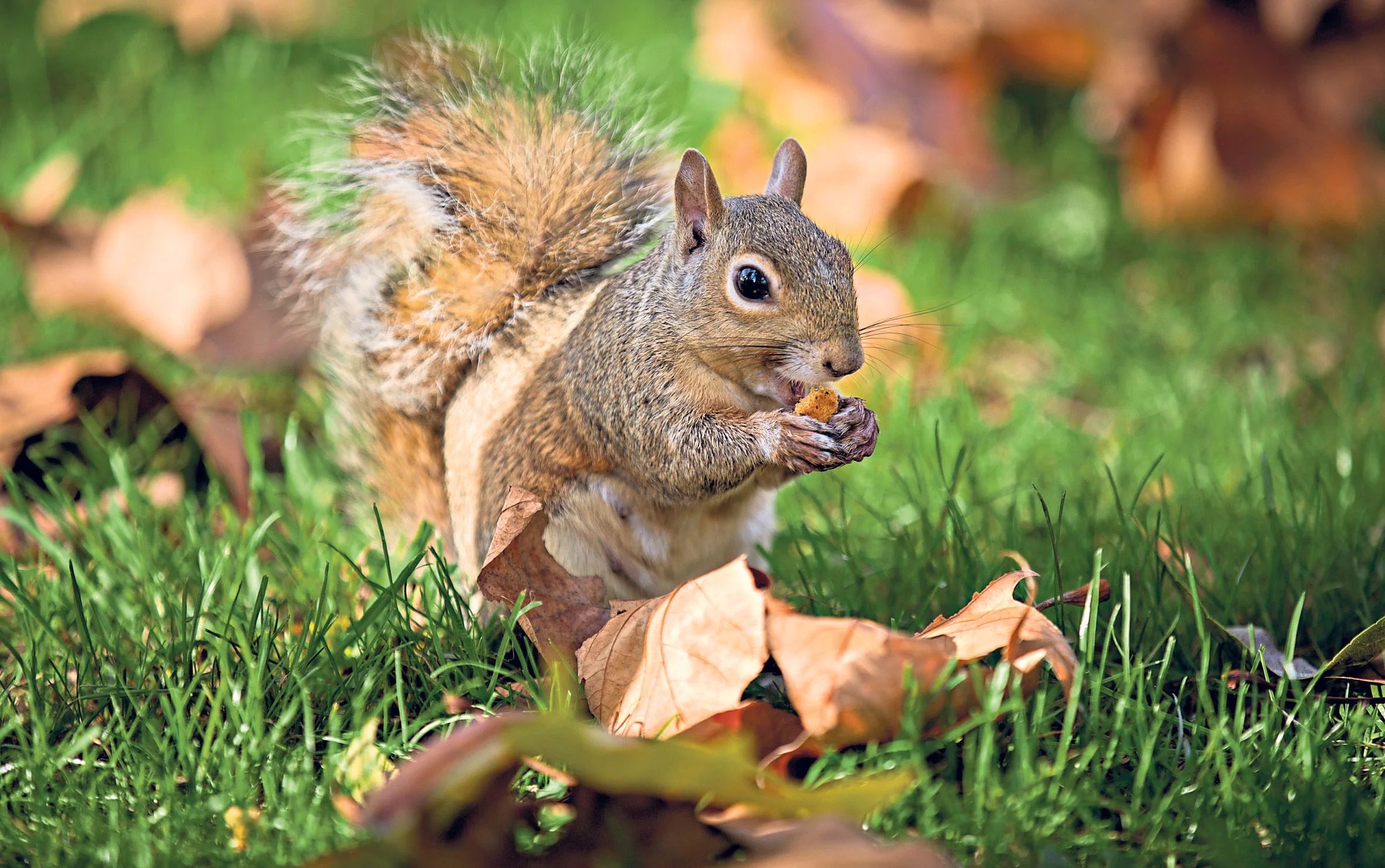
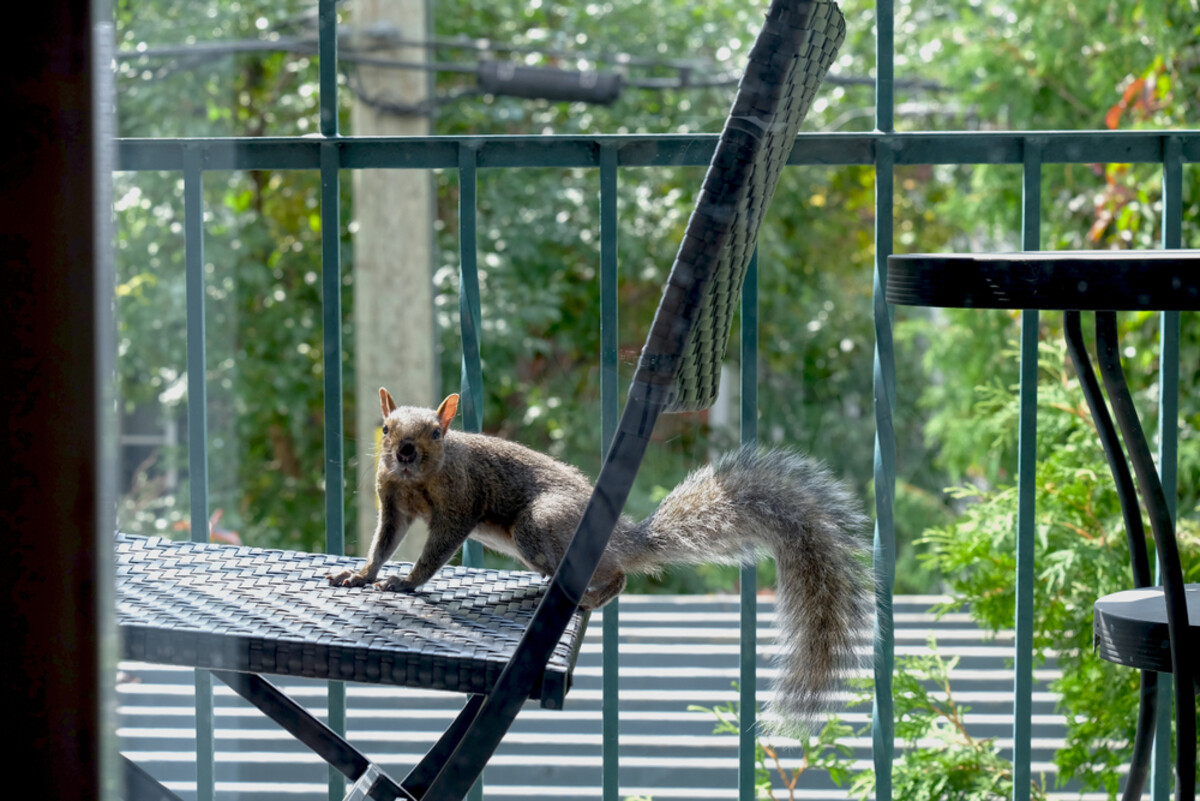

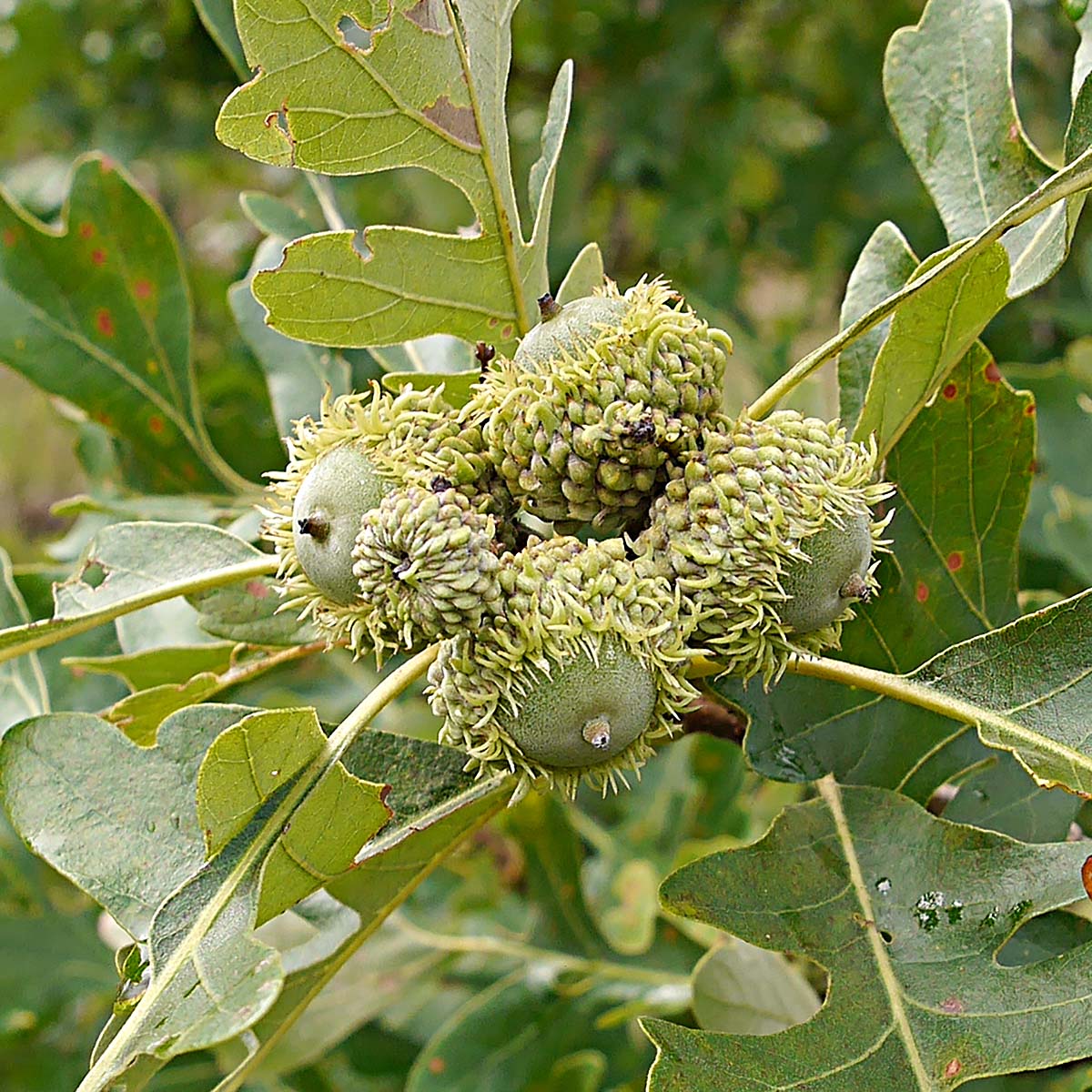
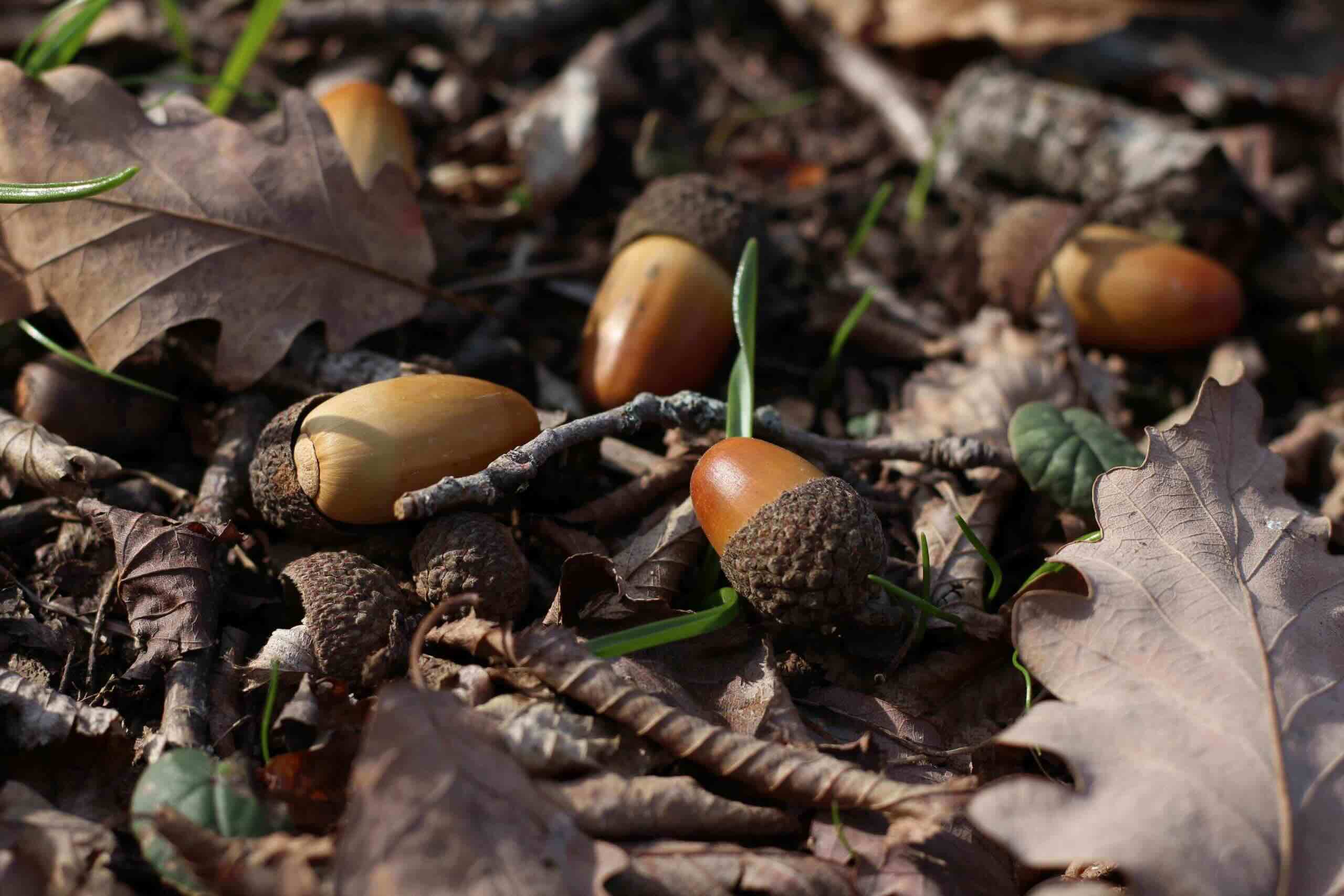



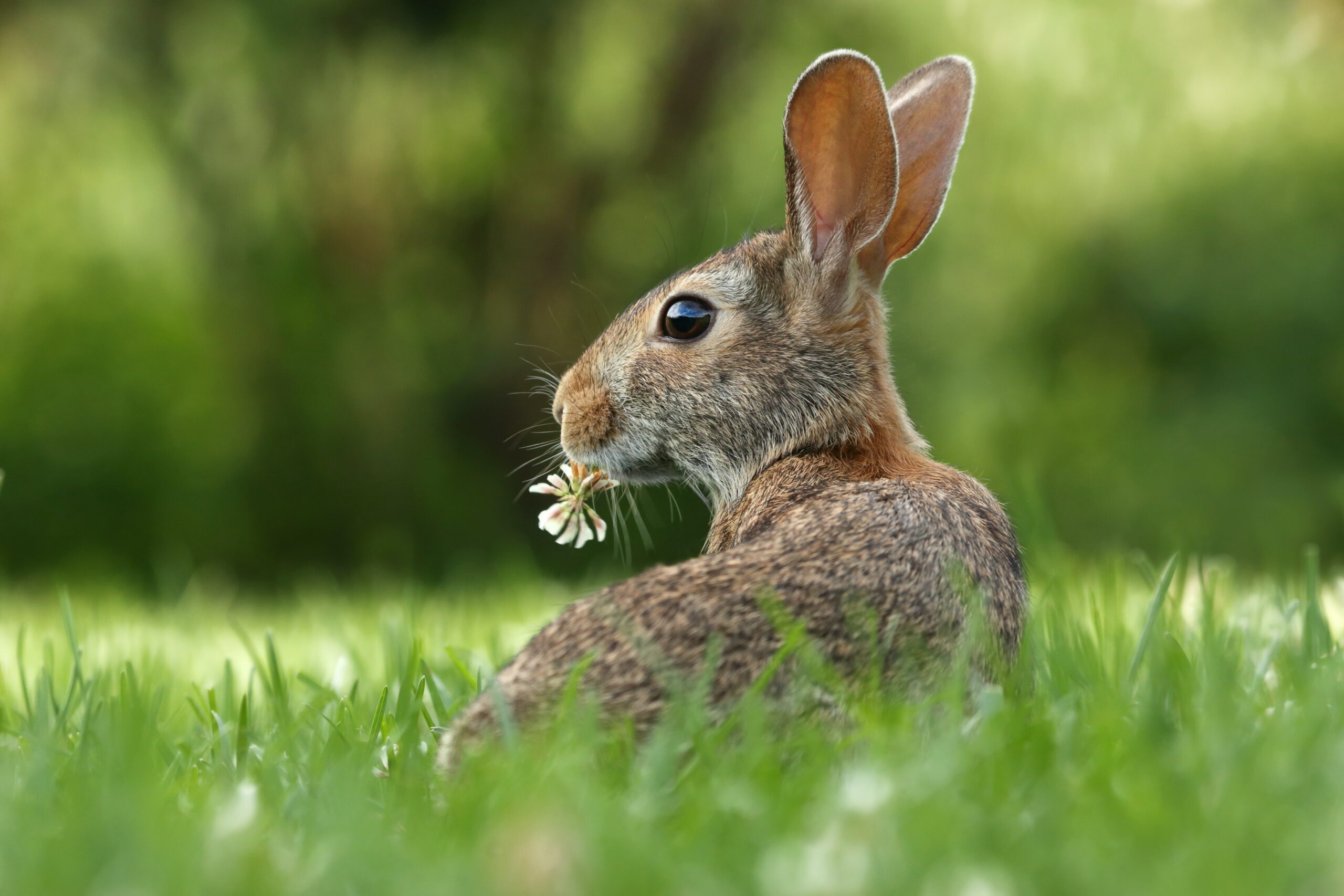
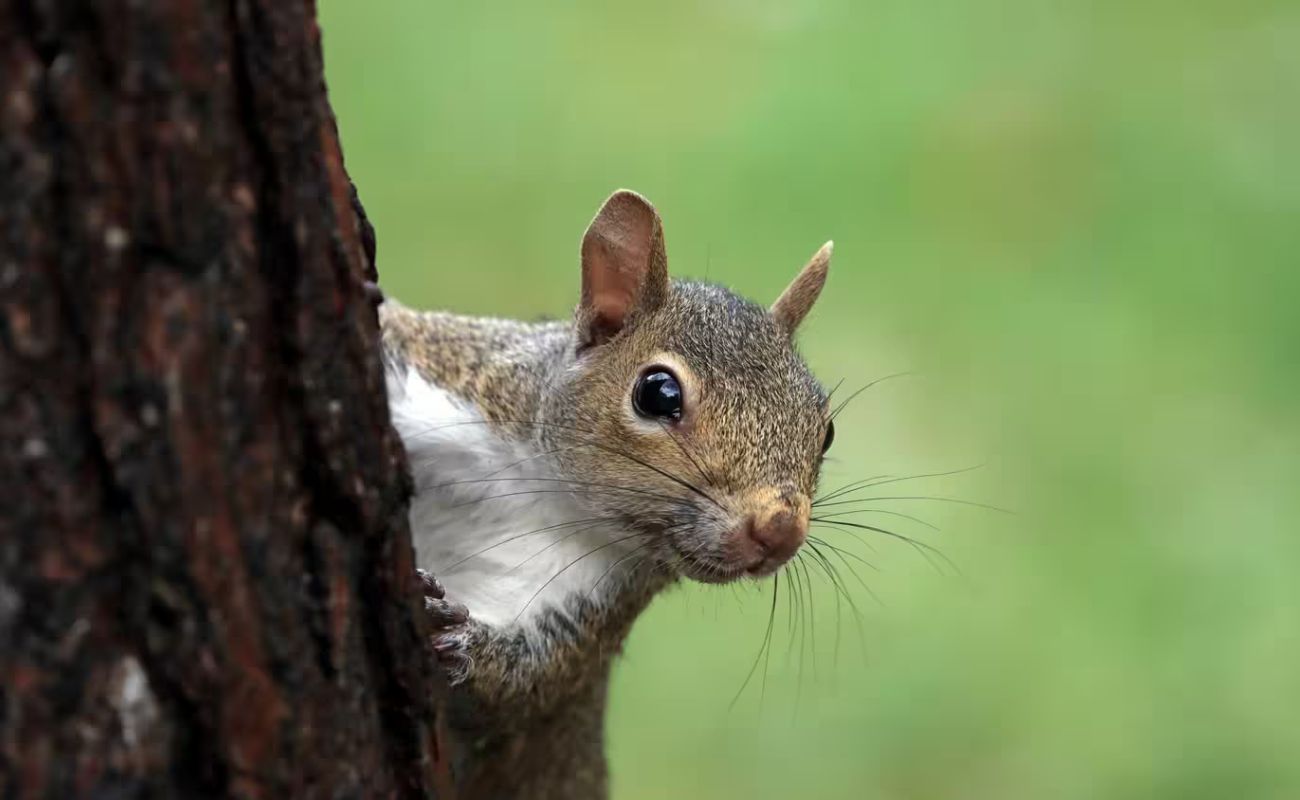
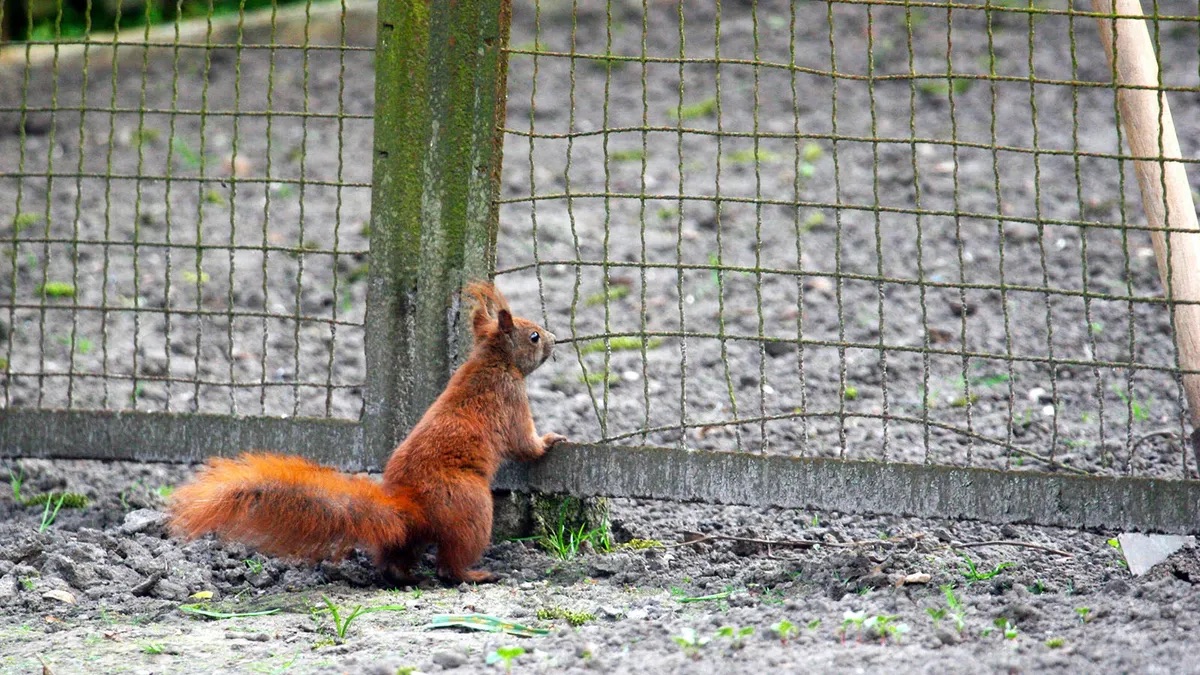
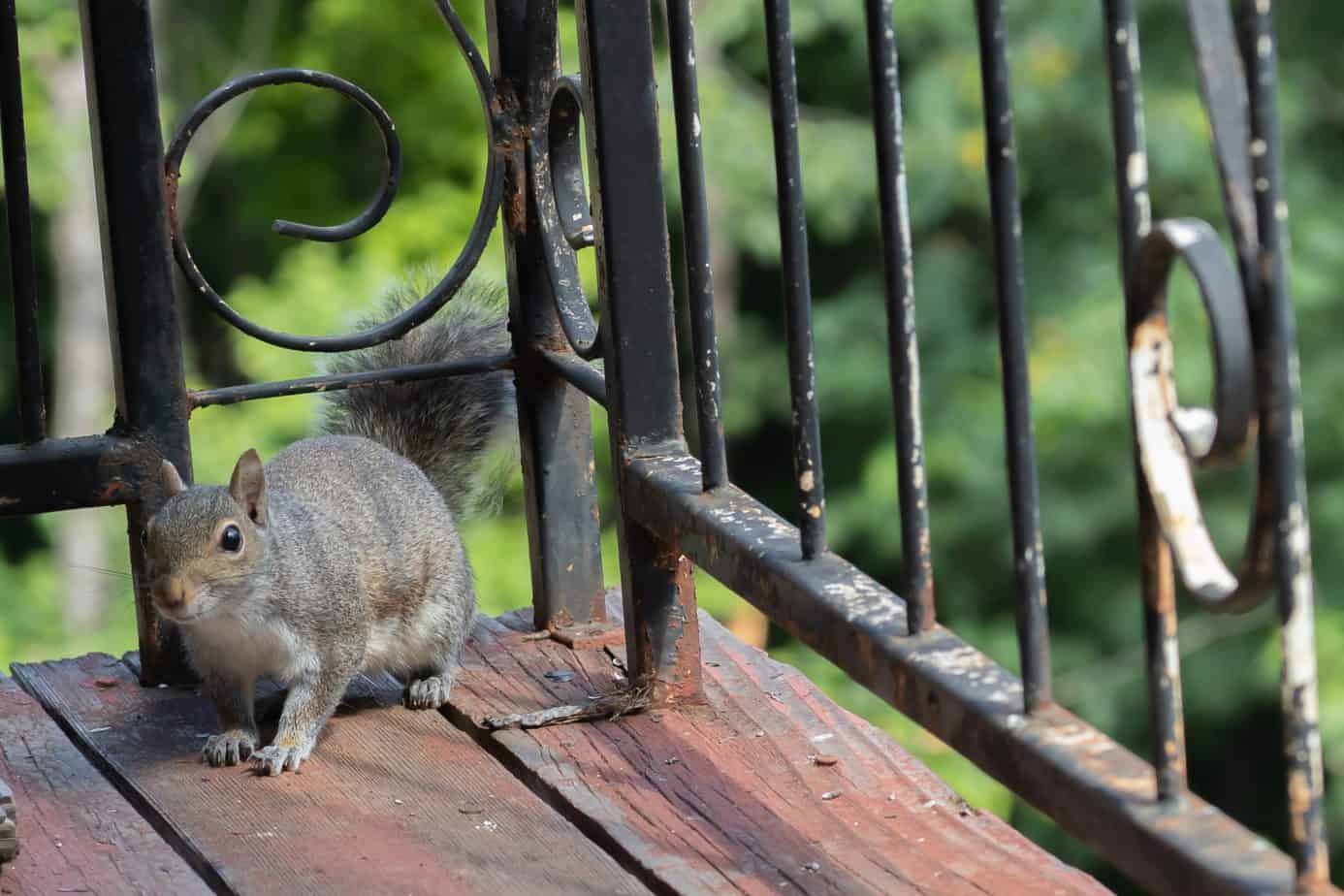
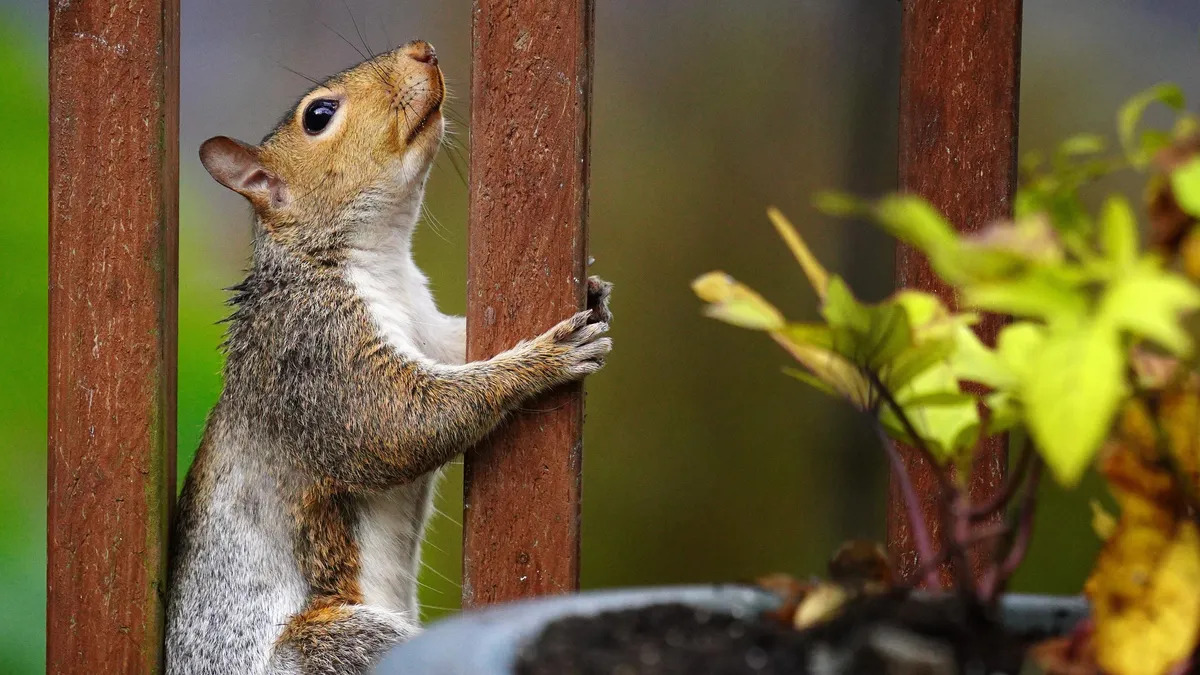

0 thoughts on “How To Store Acorns For Squirrels”